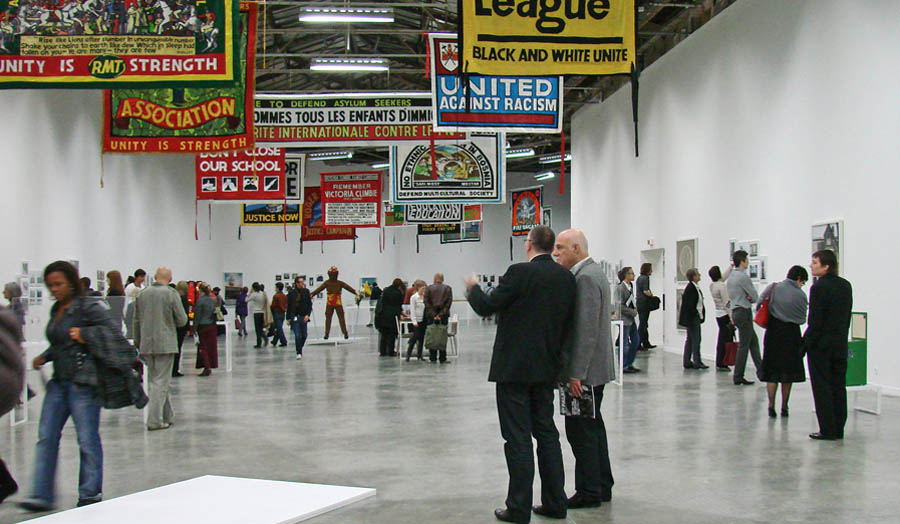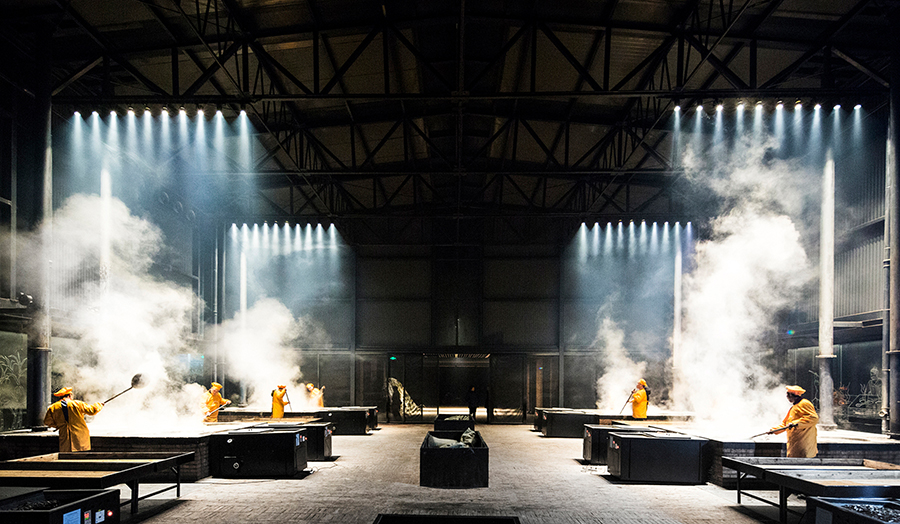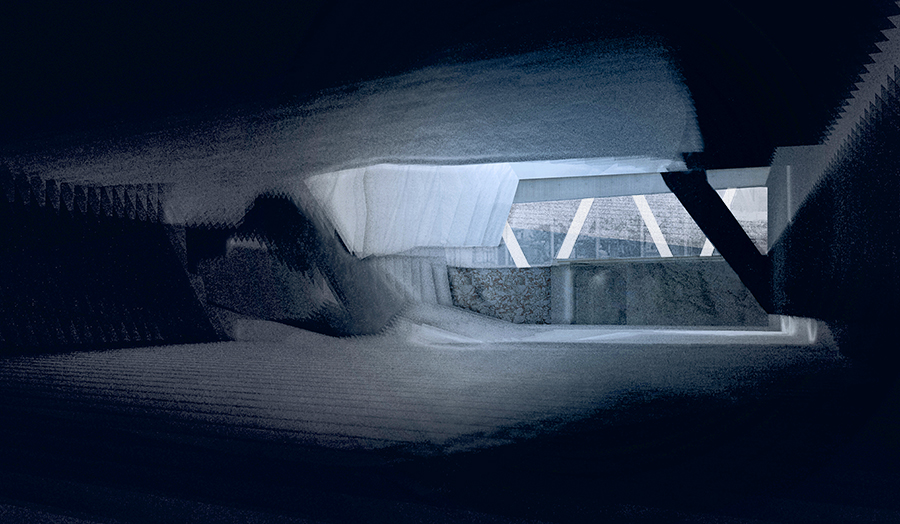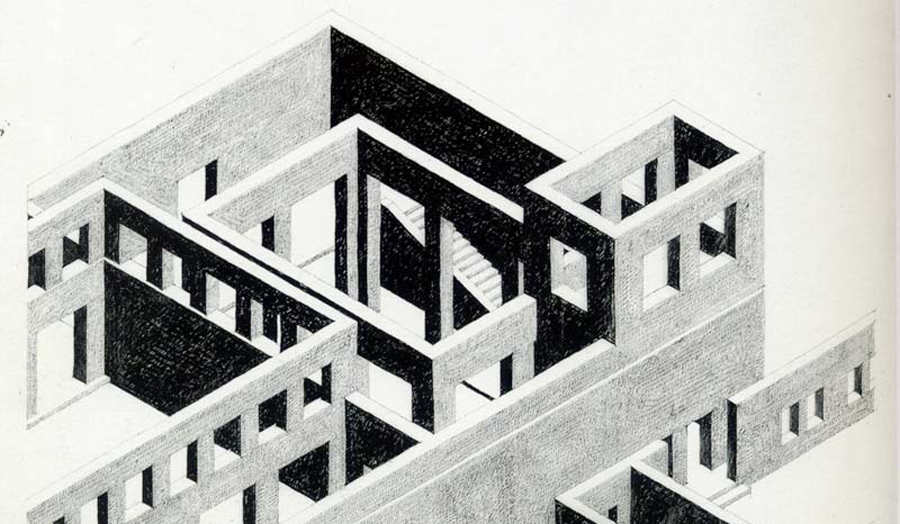Studio brief
Place for Play
“But from where can the contents of the principle of assembly be derived? From play, a term which must be understood here in its broadest and deepest meaning. Sport is play and so is theatre, in a way more involving than the cinema. Fairs, collective games of all sorts survive at the interfaces of an organised consumer society, in the holes of a serious society. The space of play has coexisted and still coexists with spaces of exchange and circulation, political space and cultural space.” Right to the City, Henri Lefebvre (1967)
To play is to act free of convention and constraint and we will be considering how the pluralism and ambiguity inherent in the phenomenon of play can help us to define territories for this magical and ingenuous spirit to inhabit and find its place in the City. The manifold connotations of play encompass the innocence and intuition of children exploring the world to the social and cultural significance of sport, games and performance.
We will begin our speculations on the Southbank where the constructed landscape of the 1951 Festival of Britain has become a playground that is contested by undercroft skateboarders, secondhand book sellers, brutalist cultural icons and, more recently, ubiquitous leisure tourism. Moving on to the south London hinterland we will explore how play can shape the city at a range of scales from the intimate or accidental to the urban spectacle. We will consider how play can be used to galvanise communities by creating places that are both shared and contested through multiple and diverse inhabitations. In the context of existing urban infrastructure, we will investigate how play can inspire architecture which is responsive to time, through daily, seasonal and generational transformations.
Our field trip will be to northern Italy to study works by Carlo Scarpa and the terrains he creates through differentiation of levels and articulation of thresholds. In contrast, we will also visit works by Aldo Rossi and compare his preoccupations with spectacle and theatrical composition.
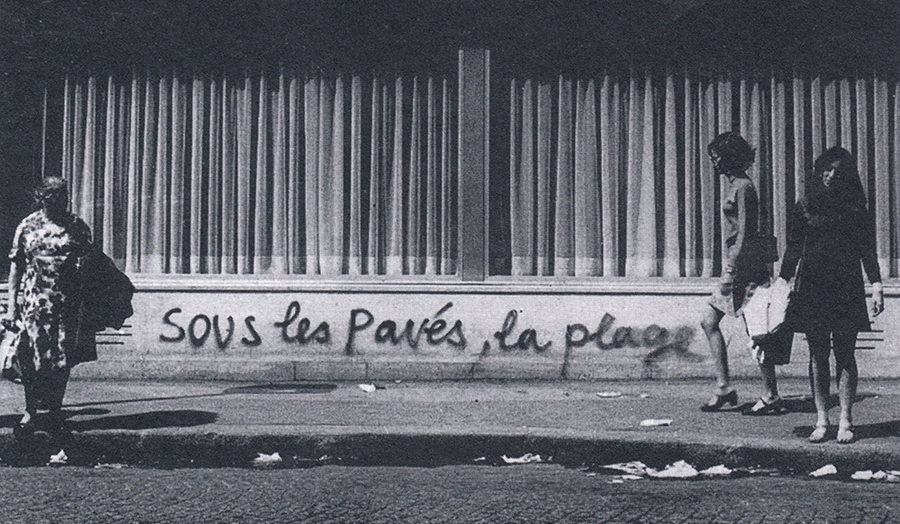
Details
| Course | Architecture BA (Hons) |
|---|---|
| Tutors | Anna Ludwig Rufus Willis |
| Where | Goulston Street Room GS1-15 |
| When | Tuesday and Friday |

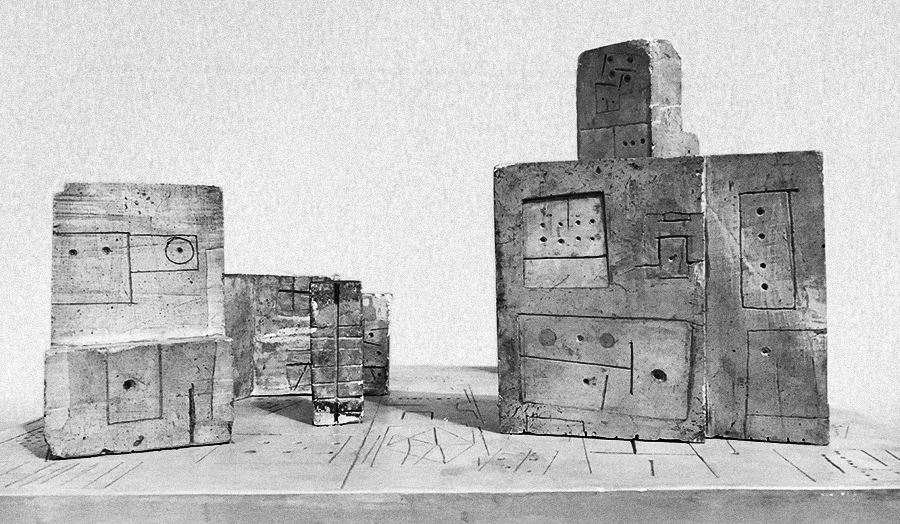
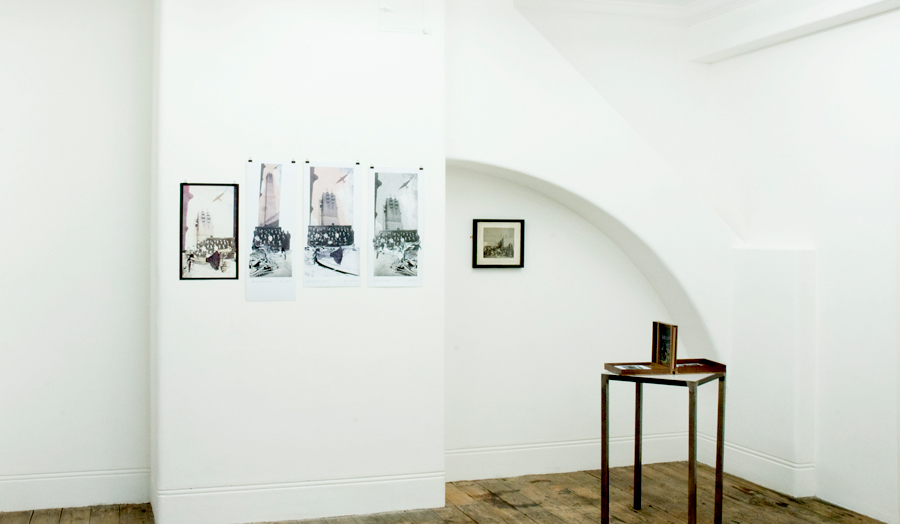
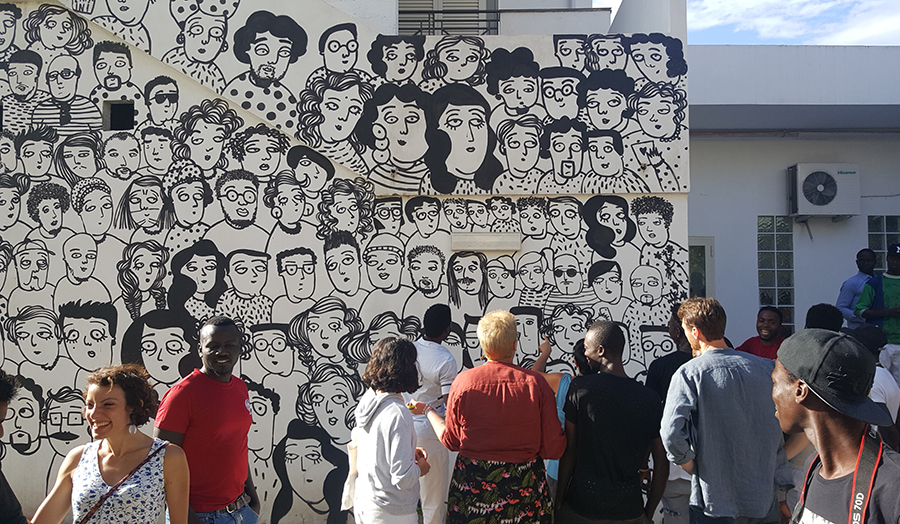
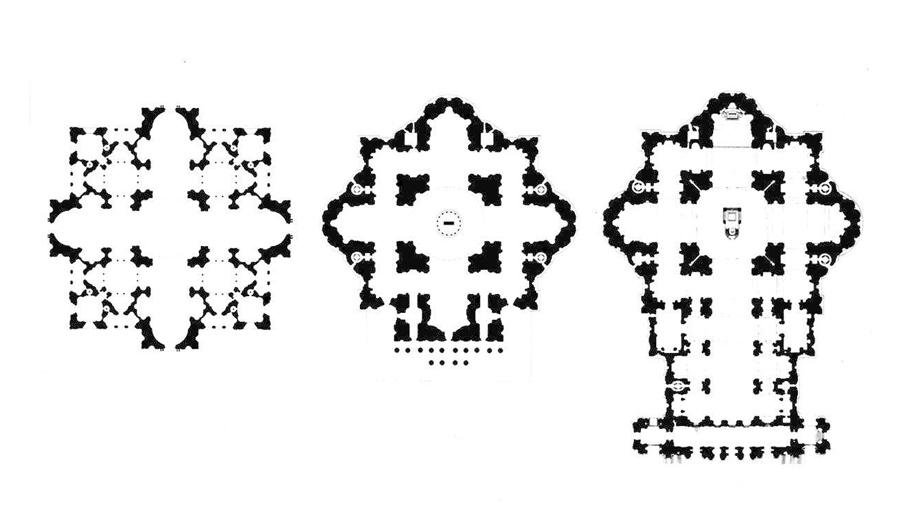
![‘House of Sale’, Athens, Greece, 2017 [Robert Barnes]](/media/london-metropolitan-university/london-met-photos/faculty-photos/the-cass/studios/2017-18/architecture-ug/Studio-7_FIT_2017-18.jpg)
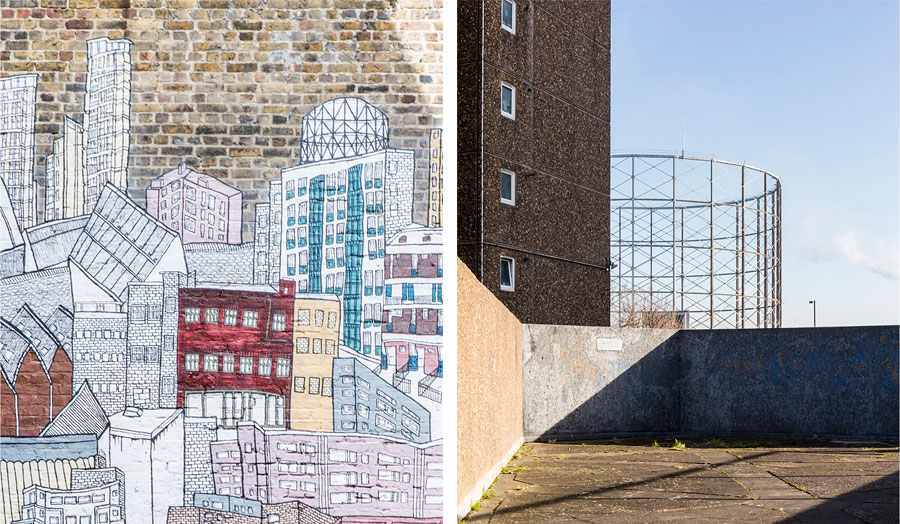
-(1).jpg)
